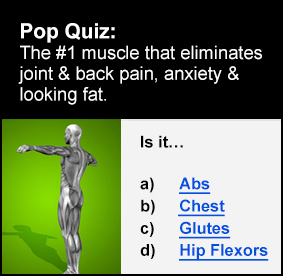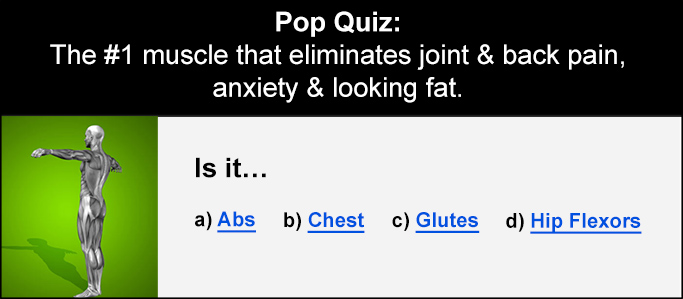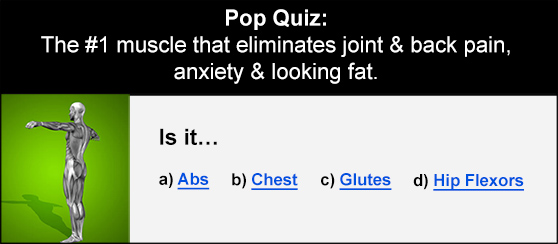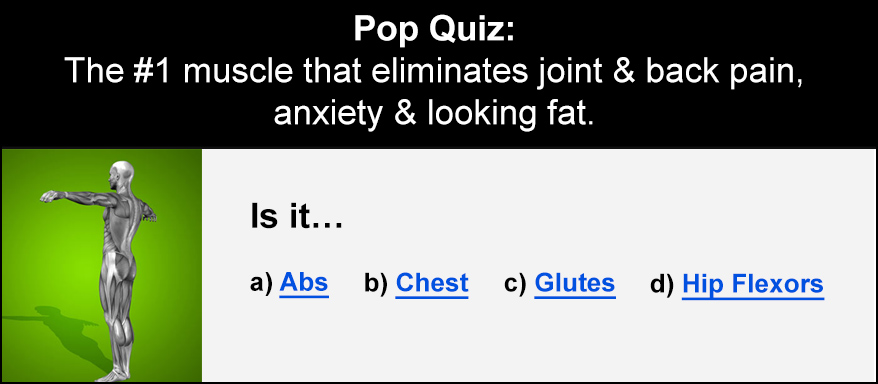
The prostate might be a small gland, but it can cause some big problems.
All men are at risk of prostate problems – the prostate is a male-only organ that carries advanced cancer risk!
The prostate gland naturally enlarges with age, meaning many symptoms, which inconvenient range from innocuous to unpleasant, are not life threatening. In fact, 1 in 12 men between the ages of 31 and 40 suffer from benign prostate hyperplasia (enlargement). This rises to 1 in 2 by the time men reach ages 51-60.
Today we’re going to discuss top tips to ensure proper prostate health and reduce your risk of prostate cancer.
1. Diet
A diet low in saturated fat and high in fresh fruit and vegetables can help to lower your risk of developing BPH. Research is still early on prostate health, but many studies have turned out hopeful results that may shed some light on how to decrease your risk.
Red foods
The bright red coloration of foods such as tomatoes and watermelon are due to an antioxidants lycopene and carotenes. Studies show that conception of lycopene result in a lowered risk of prostate cancer – the redder the food, the better!
Soybeans and Green tea
Isoflavones are compounds found in a variety of foods including tofu, chickpea, lentils, peanuts and green tea. Isoflavones and linked to a reduced risk of benign prostate enlargement, prostatitis and prostate cancer. Many of these – like the EGCG in green tea – reduce general cancer risk.
Coffee
Your coffee habit might be helping to decrease your risk of prostate problems.
It has been shown that 5 cups of coffee a day can considerably lower your chance of developing a fatal, high grade prostate cancer. This is a lot of coffee and might need to be balanced out, but many of the ingredients can be found in supplementary form like green coffee bean extract.
Doses of caffeine can also cause major health issues. The WHO places cautionary warning on the consumption of more than 400milligrams of caffeine daily – the equivalent of 4 brewed cups of coffee, so consume with caution and increase slowly over time.
Good fat choices
Studies have found links between the consumption of animal fats and an increased risk of prostate cancer.
Swapping out animals fats that you are consuming on a regular basis can be far easier than you might expect. Plant oils are rich I polyunsaturated fats and have a healthier effect on the prostate, as well as the heart!
Using olive oil in cooking, picking fresh fruit rather than candies, or nuts and seeds as a snack rather than chips or biscuits can have a big impact overall. You can even substitute plant spreads for butter (olive spread also definitely tastes better).
2. Exercise
Make time for exercise – it’s not optional if you want to live a healthy and happy life.
Being overweight vastly increases the risk of aggressive and life-threatening prostate conditions such as cancers. Regular exercise should be taken to maintain a healthy weight. Active life also carries the added benefits of increased muscle mass, more efficient metabolism and improved sense of wellbeing and self-confidence.
Exercise shouldn’t have to feel like a chore. Through varying your routine, trying new activities and roping your friend into it, you can turn keeping active into something you love and look forwards to.
3. Improved Lifestyle Factors
Additional life style choice that you are making can also be adjusted to improve the longevity of your prostate health.
While you should make sure you are getting enough natural sunlight and vitamin D, also never forget to generously dab on the sunscreen! UVB in sunlight is ionizing and increases your overall risk of cancers, including the prostate.
Smoking and alcohol consumption should also stay in check, as they’re well-known to boost cancer risk in a big way.
4. Sexual Health
A healthy sex life is another way of reducing your risk of prostate cancer. Studies show that those who experience an increased rate of ejaculation in their 20s also experience 34% less risk of prostate cancer in later life.
In good news, this doesn’t have to be with a sexual partner and there are no specific human interaction needs to gain the health benefits.
5. Get a Professional Opinion
While there are currently no national screening programmed in operation for prostate cancer or other prostate issues, if you are worried you should seek out the opinion of your doctor.
Those who have:
- A family history of prostate issues
- Discomfort anywhere in pelvic or rectal areas
- Difficulty urinating
- Blood in urine or semen
Should be sure to seek out a medical opinion – a doctor will be able to provide a more thorough explanation of the risk factors and provide adequate prostate screenings.







